Choosing the perfect baking stone can transform your cooking experience, especially for professional chefs and kitchen enthusiasts. The choice between a round vs rectangular baking stone often arises, with each option promising unique benefits. Understanding the differences can help enhance your culinary creations, but which one truly fits your baking style?
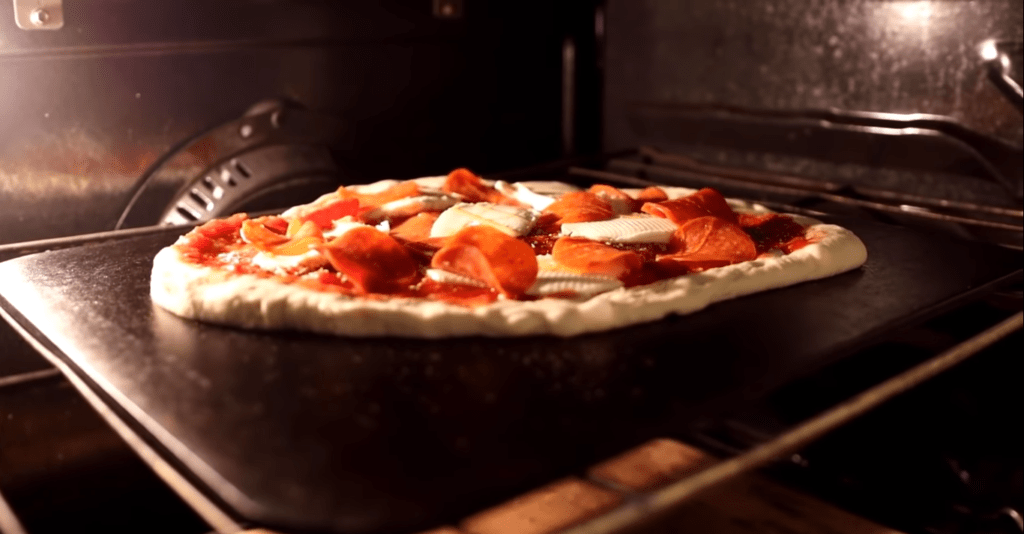
The Basics of Baking Stones
Baking stones, also known as pizza stones, are essential tools for achieving a perfectly crispy crust. They help evenly distribute heat, mimicking the effects of a brick oven. Most bakeries swear by them, and they have become indispensable in home kitchens too. The stones are typically made from materials like ceramic, cordierite, or even stone, each affecting the cooking results differently.
Why Shape Matters
When selecting between round and rectangular stones, considering the shape's impact on your baking process is crucial. The shape can influence everything from the heat distribution to the type of dishes you can prepare. Lets delve into how each shape measures up.
Round Baking Stones: Pros and Cons
Round baking stones are traditionally associated with pizza. Their simplicity and effectiveness make them a favorite among pizza perfectionists. Here are some considerations when opting for a round stone:
- Perfect for Pizza: The round shape naturally aligns with the size and outer shape of pizzas, making it easier to cook them evenly.
- Even Heat Distribution: Round stones can sometimes offer better heat distribution, which is critical for achieving that much-desired crispy crust.
- Space Saver: Ideal for smaller ovens or kitchens with limited space.
- Versatility Limitations: They may not be the most versatile if you frequently prepare rectangular flatbreads or large batches of cookies.
Rectangular Baking Stones: Pros and Cons
For those baking diverse items beyond pizza, a rectangular stone might be a more practical choice. Here's what you need to know about rectangular stones:
- Versatility: You can bake a wider variety of items, including bread, pastries, and large batches of cookies with the right size.
- More Baking Space: A larger surface area means you can cook multiple items simultaneously, saving time in faster-paced kitchen settings.
- Uneven Heat Distribution: Some professionals argue that rectangular stones may not retain heat as evenly as round stones, though this can vary based on material and thickness.
- Storage and Mobility: Rectangular stones can be bulkier, making them more challenging to store and move around in a compact kitchen environment.
Choosing the Right Material
Material choice also plays a crucial role in performance. Cordierite is famed for its thermal shock resistance, while ceramic offers excellent heat retention. Choosing between a round or rectangular stone depends on your preferred material's availability.
Whether you use a stone for pizza, bread, or desserts, the material will influence the final products texture and taste.
Making an Informed Decision
Kitchen professionals should consider their most common baking tasks when selecting a stone shape. If pizza is your forte, opting for a round stone might be ideal. However, a rectangular stone can efficiently handle various baking needs if your focus is more comprehensive.
Ultimately, weighing the benefits of round vs rectangular baking stones involves assessing your kitchen's requirements and storage capabilities. Opt for what best complements your culinary style, remaining mindful of how each stones characteristics align with your cooking aspirations.
Additional Resources for Baking Stone Enthusiasts
If you seek further insight into using baking stones, Maria's Condo offers a comprehensive guide on elevating your baking game with these stones. Such resources can be invaluable as you refine your choice.
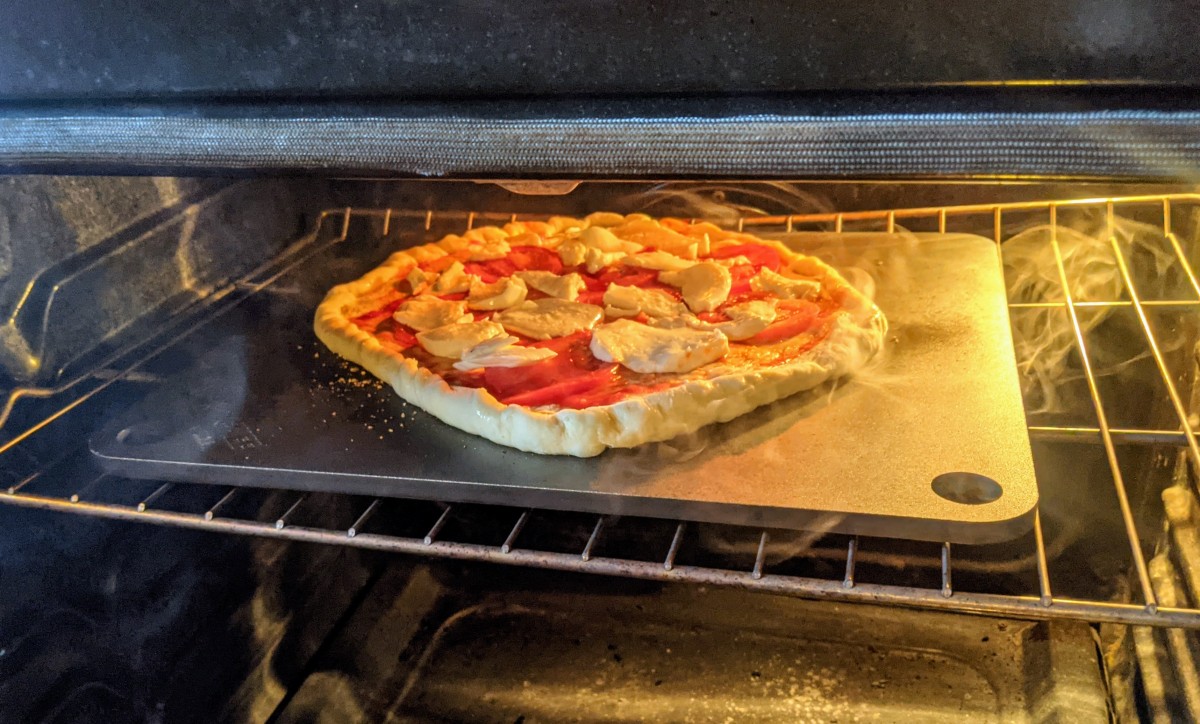
FAQs
1. What are the ideal storage practices for baking stones?
Store your stone in a cool, dry place. Ensure its completely dry after use to avoid any mold growth or odours.
2. How do I clean my baking stone?
Use a dry brush to remove any residual burnt food particles. Avoid using soap as it can seep into the stone's porous surface.
3. Can baking stones be used in both gas and electric ovens?
Yes, baking stones are versatile and can be used in both gas and electric ovens, though you should adjust preheating times accordingly.
In conclusion, both round and rectangular baking stones have their distinct advantages. Your choice should align with your specific culinary goals, ensuring each meal is prepared with professional precision and passion.
This article contains affiliate links. We may earn a commission at no extra cost to you.

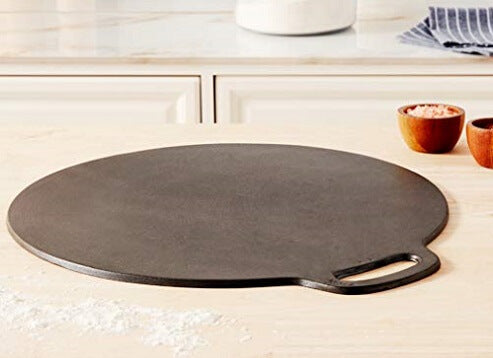


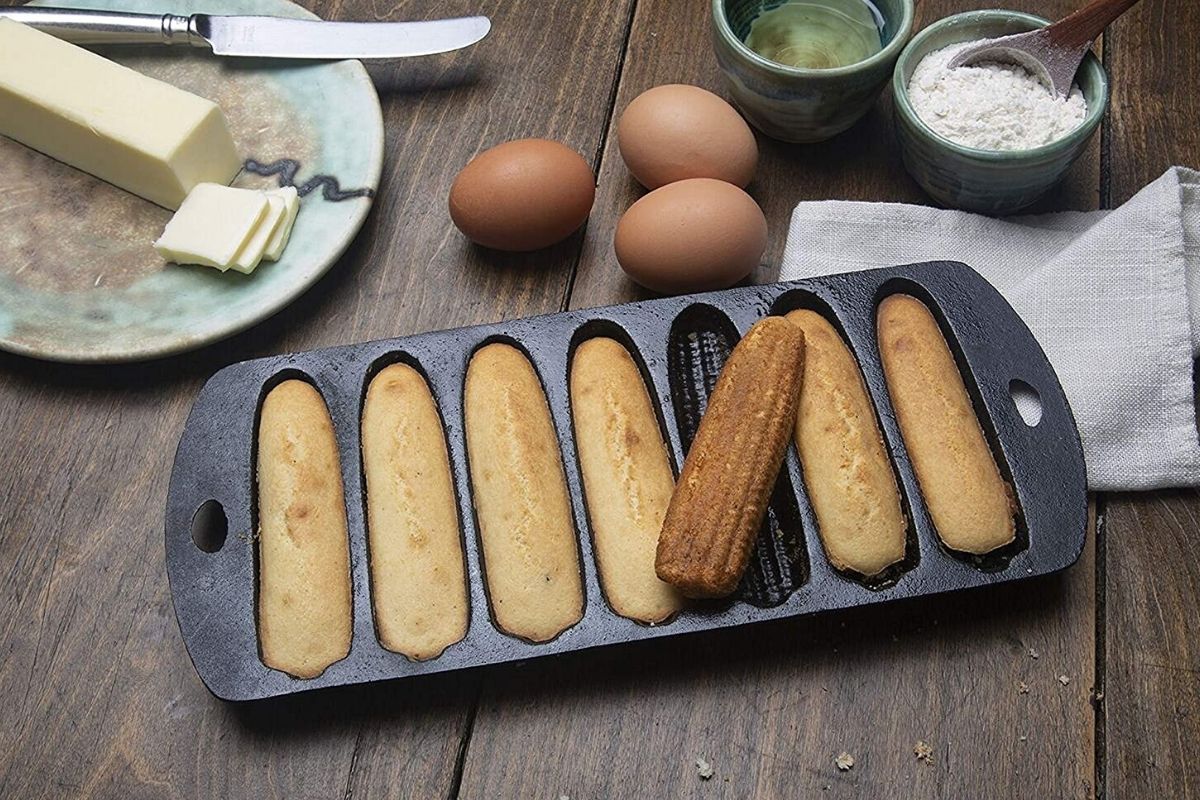
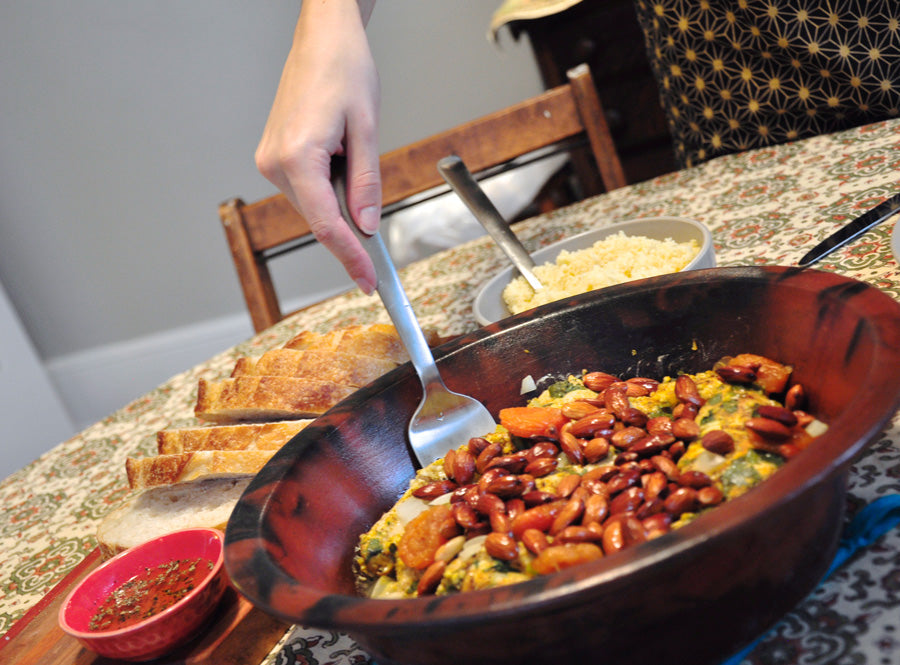
Leave a comment
This site is protected by hCaptcha and the hCaptcha Privacy Policy and Terms of Service apply.